You landed the job. You prepped for the interview, perfected your resume, and maybe even researched the company’s values. But once the onboarding slides end and the real work begins, many early-career professionals quickly realise: there’s a whole other layer to succeeding at work—one no one warned you about.
It’s called the hidden curriculum of the workplace. And unlike formal training, this part isn’t in any handbook.
What Is the Hidden Curriculum?
The hidden curriculum refers to the unwritten rules, behaviours, and social cues that shape professional life. It’s how people navigate meetings, build relationships, and communicate trust—not what they do, but how they do it.
In school, expectations were clearly laid out: get good grades, submit work on time, follow a syllabus. In the workplace, success also depends on things like knowing when to speak up, how to read between the lines, or who to approach for informal guidance.
Understanding this hidden layer is often what separates good employees from great ones—especially in your first 6–12 months.
1. Professionalism Is Contextual
You’ll hear people say “be professional,” but rarely will anyone define what that looks like in your new environment. Is it formal or casual? Do people keep cameras on in meetings? Do they prefer Slack messages or quick video calls?
Tip: Observe early. Mirror communication styles, and don’t be afraid to ask your manager or buddy what’s considered standard.
2. You’re Being Onboarded Culturally—Not Just Technically
Sure, you’ll be trained on software and workflows. But equally important is learning how your team interacts: How do decisions get made? Who influences them? What are the unstated norms around hierarchy, tone, or humour?
Example: You might notice one person always summarises meetings or another who asks questions that steer the conversation. These are leadership cues—watch and learn.
3. Relationships Matter as Much as Results
You might be laser-focused on “doing a good job,” but many opportunities, support systems, and recognitions come through relationships—not just performance.
Building trust and visibility across teams, even casually, makes a difference. That could mean joining a virtual coffee catch-up, staying back 2 minutes after a meeting, or sending a thank-you message after help.
Tip: Don’t underestimate “soft networking.” It’s foundational.
4. Feedback Isn’t Always Formal
In university, feedback comes with rubrics. In the workplace, feedback might be a quick “Looks good” in a comment, or a manager looping you in—or not—in the next project.
What to do: Ask for clarity. If you’re unsure whether something you delivered met expectations, don’t hesitate to say, “Is there anything I could have done differently?”
Proactive feedback-seeking signals professionalism, not insecurity.
5. The Value You Add Isn’t Always What You Think
Often, early-career professionals think they need to prove technical expertise immediately. But managers often value qualities like:
- Ownership
- Curiosity
- Ability to ask thoughtful questions
- Willingness to jump in and help
- Dependability
Remember: No one expects you to know everything. But they do expect you to engage, adapt, and grow.
Final Thought: Learn What’s Not Taught
The hidden curriculum can feel intimidating—but it’s also empowering. Once you know it exists, you start to see the patterns and dynamics more clearly. And once you begin to understand those, you can navigate your role not just as a task-doer, but as a future leader.
Because success at work isn’t just about what you do—it’s about how well you read the room.

